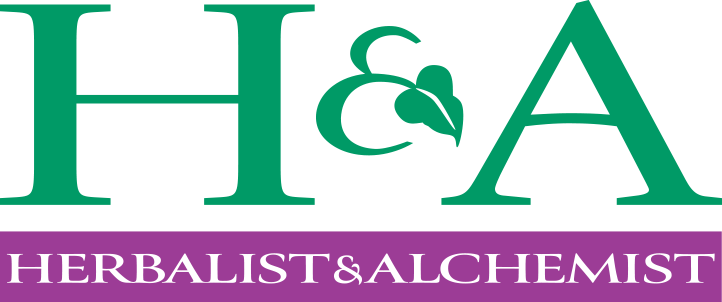What kind of commitment is required?
When a student accepts a seat in this program, they are making a two-year commitment in terms of time (weekly 5 hour class
43 weeks a year, supplemental reading, case histories, diagnostics practice and 2 class projects) as well as financially.
What do the students do with this education?
My students usually utilize this training in one of four ways. First—they are already practitioners and use it in the
context of the practice as a physician, nurse practitioner, naturopathic physician, acupuncturist, chiropractor, veterinarian, nutritionist, etc.
Secondly, they decide to become an herbalist themselves—some people become community herbalists helping their friends and family and community,
while others become clinical herbalists with a full time practice. Thirdly, some of my students become or are educators. We have numerous students
who have set up schools, teach in public and private schools, and do educational seminars. Lastly, some of my students use what they learned within
the herbal/nutritional supplement industry. Some work in health food stores, some for manufactures (some of the largest within the United States),
some are researchers and information specialists for these companies.
What do they know when the program is completed?
When our students finish the 2-year program they have a strong foundation that will allow them to go on and become successful
in whatever way they choose to use this information. Our goal is to give our students the skills needed to be able to treat people rather than diseases.
To have the necessary knowledge and depth of understanding that allows them to understand the complexity of human health and disease and how herbs,
diet, lifestyle changes, nutritional supplements, etc. can help not only to prevent disease, but also help us to regain our physical, emotional and spiritual health.
